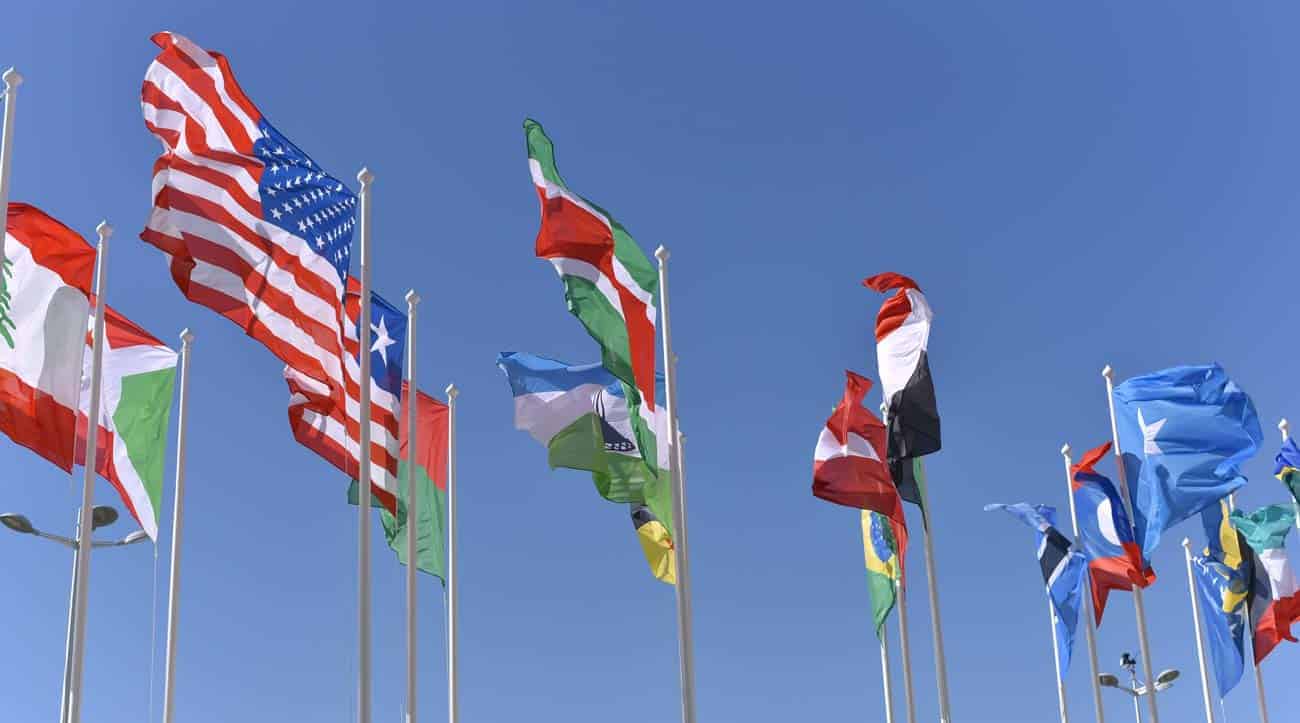Contxto – Not even Mercado Pago or Todo Pago users are immune to Argentine authorities’ ever-evolving rules and stipulations.
Over the past month, Central Bank officials limited the amount of dollars Argentines could purchase from abroad. Around the same time, similar figures restricted Bitcoin credit card purchases, not to mention blockchain regulatory debates in Senate.
Now, the provincial Buenos Aires Collection Agency (ARBA) will enforce new tax regulations on such platforms, specifically digital payment intermediaries. Following suit, now officials will deduct taxes on gross income, depending on the quantity and values of transactions.
“The measure seeks to optimize the work of tax administration in Gross Revenue, adapting it to technological changes and new business and consumption modalities, which have generated a noticeable growth in electronic transactions,” said Gastón Fossati, director of ARBA.
“The system implemented will allow more efficient control of tax evasion and avoidance on digital platforms. These services will have a similar treatment to the rest of the sectors of the economy. So, these will strengthen equity and reduce informality.”
Gross income tax in Argentina
While this news broke over the Argentine summer, newer coverage contended that this measure derives from Resolution #305/2019 of the AGIP. Although original reports suggested an effective for this past September, others suggest February 1, 2020. As soon as I know for sure, I will update.
Specifically, the tax will apply to “repeated” monthly operations for users. By this, we mean 25 more, in addition to monthly totals of ARP$12,500 (over US$200) or more.
Gross Income Tax (ISIB) will reportedly apply to any “sales of movable things, locations, and benefits of works and/or services whose payment is made with the intervention or through a platform or website, computer applications, interfaces, Internet pages and/or any other digital medium, including virtual wallets.”
In other words, any digital platform, website or application permitting mobile integration with payment methods can now be taxed. Even more simply, any modality that facilitates the management, administration, and transmission of electronic payments.
All things considered, this seems like Argentina’s latest attempt to rejuvenate its crippled economy. Major inflation, depreciation of the Argentine peso, plus loss of purchasing power, are collectively turning the country’s financial world upside down.
The question persists —are taxes an optimal route to take in hopes of getting citizens out of this pickle?
-JA






